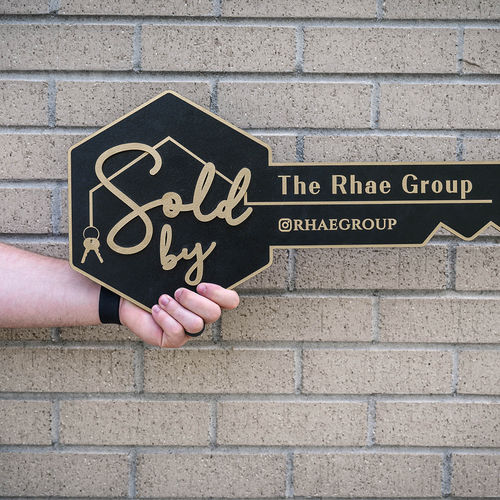If you're buying or selling a home in Colorado, it's essential to understand closing costs—what they are, how much they cost, who pays them, and why they matter. At Rhae Group Realty, we believe in transparency and empowering our clients with knowledge at every step of the process.
What Are Closing Costs in Real Estate?
Closing costs are the fees and expenses required to finalize a real estate transaction. For homebuyers, they are separate from the down payment. For sellers, they are deducted from the final proceeds. These costs cover the various legal, administrative, and professional services involved in transferring ownership of a property.
Typical Closing Costs for Buyers in Colorado
When purchasing a home, buyers are usually responsible for the following closing expenses:
Loan origination fees – Charged by your lender to process the mortgage.
Appraisal fees – To determine the market value of the property.
Credit report fees – Required during the mortgage approval process.
Lender’s title insurance – Protects the lender against future ownership claims.
Escrow fees – Paid to the title company for handling the closing process.
Recording fees – Charged by the county to record the deed.
Prepaid costs – Covering property taxes, homeowners insurance, and mortgage interest.
Typical Closing Costs for Sellers in Colorado
Sellers also incur costs when closing on a home sale. These may include:
Real estate commissions – Often the largest seller expense, split between buyer’s and listing agents.
Owner’s title insurance – Protects the buyer from ownership disputes.
Transfer taxes and fees – Charged by the city or county to record the sale.
HOA document fees – If the property is governed by a homeowners association.
Prorated property taxes – Covers your portion of taxes up to the closing date.
Who Pays Closing Costs in Colorado?
In Colorado, closing costs are usually shared between the buyer and seller, although the exact division can be negotiated in your contract. Here’s a general breakdown:
Buyers typically pay: lender fees, appraisal, title search, insurance, and recording fees.
Sellers typically pay: commissions, owner’s title insurance, and transfer fees.
However, these aren’t hard rules. For example:
Sellers may offer to pay buyer’s closing costs to attract offers.
Buyers may cover more costs in competitive markets to strengthen their offer.
That’s where having an experienced local real estate agent—like us—really makes a difference. We’ll help you structure the best offer or counteroffer based on your goals.
Why Closing Costs Matter
Knowing your closing costs ahead of time allows you to:
Budget accurately – Understand how much money you’ll need at the closing table.
Avoid surprises – Be financially and mentally prepared for your transaction.
Evaluate offers wisely – Sellers can calculate net proceeds and compare multiple offers more confidently.
Work with Local Experts You Can Trust
At Rhae Group Realty, a family-owned brokerage in Colorado, we make buying or selling a home as smooth, informed, and stress-free as possible. We walk you through every cost, document, and decision, so you're never left in the dark.
Have Questions About Closing Costs in Colorado?
Whether you're buying your first home, upgrading, or selling after many years, we’re here to help. If you have questions about Colorado real estate closing costs or any part of the buying or selling process, don’t hesitate to call or text us at Rhae Group Realty.


